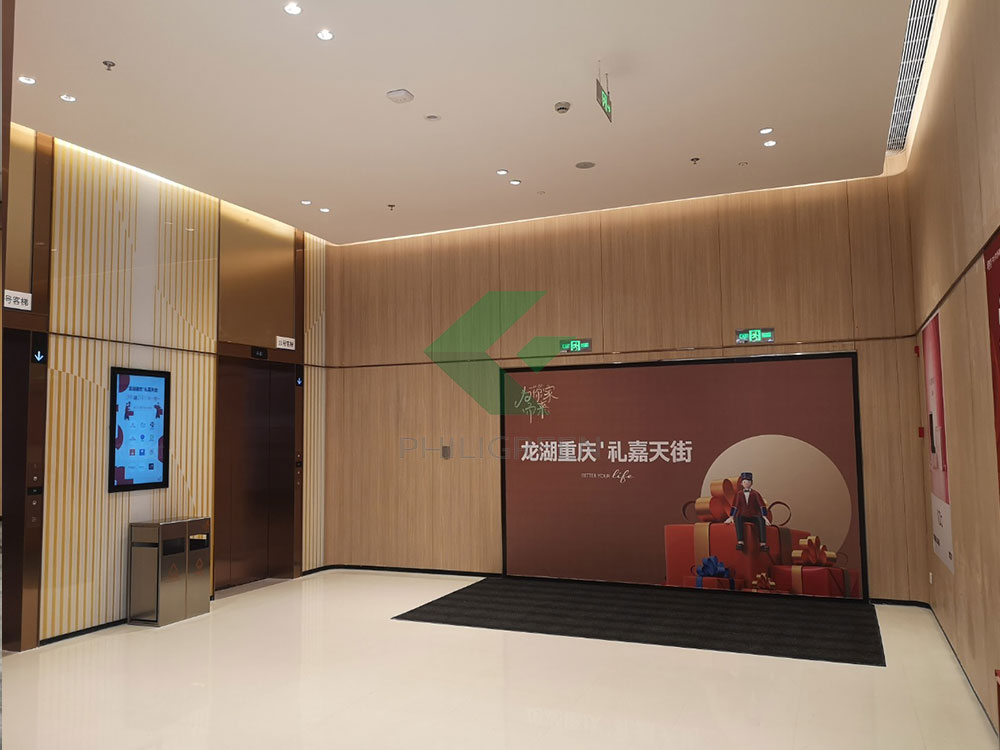As the hospitality and corporate sectors increasingly emphasize the importance of hygiene and safety, integrating UV panel technology into the surfaces of hotels and offices offers a promising solution. This innovative approach leverages the germicidal properties of ultraviolet light to continuously sanitize high-contact areas, potentially reducing the spread of infectious diseases. However, the implications of such integration extend beyond mere disinfection. Questions arise regarding the technology's efficiency, cost-effectiveness, and overall impact on environmental sustainability and human health. Exploring these aspects could reveal whether UV technology in public and private spaces stands as a groundbreaking advancement or merely a transient trend.
UV panel technology, a pivotal innovation in surface disinfection, harnesses ultraviolet light to eliminate pathogens effectively on various surfaces.
This technology's practicality extends across multiple UV panel applications, ensuring cleanliness and safety in environments where hygiene is paramount. Its remarkable UV light efficiency allows for rapid and thorough sanitization without the use of harsh chemicals.
This is particularly crucial in settings that demand high standards of cleanliness but require quick turnaround times. As industries strive for greater control over environmental hygiene, UV panels provide a reliable solution that can be seamlessly integrated into daily operations.
They offer a precise mechanism to achieve superior disinfection outcomes, empowering users with the confidence that their spaces are not only visually clean but microbiologically secure as well.

Implementing UV panel technology in hotel environments significantly elevates guest safety by providing a consistent level of surface disinfection. This strategic incorporation not only ensures the eradication of pathogens on frequently touched surfaces but also instills a heightened sense of security among guests.
The technology seamlessly integrates into the hotel's existing design, enhancing the ambiance without disrupting aesthetic values. By creating a cleaner and safer environment, hotels can effectively distinguish themselves in a competitive market, prioritizing health without compromising on style or comfort.
Moreover, the non-intrusive nature of UV panels allows for continuous operation, ensuring all areas are perpetually safeguarded, thus reinforcing guest confidence and control over their health during their stay.

As organizations increasingly prioritize employee health, the adoption of UV panel technology in office spaces offers significant advantages.
This innovative approach not only enhances workspace aesthetics, providing a modern and inviting environment, but also boosts employee productivity. The technology ensures a consistently sanitized workspace, reducing the spread of airborne pathogens and contributing to fewer health-related absences.
This directly influences productivity, as a healthier workforce is inherently more efficient and engaged. Additionally, the improved air quality and clean environment foster a sense of well-being among employees, further enhancing focus and efficiency.
Several factors must be considered when installing UV panel technology in office environments to ensure optimal functionality and durability. The installation procedures should be meticulously planned to integrate seamlessly with existing infrastructures without disrupting workplace activities. This involves choosing strategic locations for the panels and ensuring that the installation complies with safety standards and local codes.
Furthermore, to maintain the efficiency and longevity of the UV panels, a strict maintenance schedule must be adhered to. This includes regular inspections and cleaning, prompt replacement of defective parts, and performance assessments to ensure they are delivering the intended benefits.
Establishing these robust maintenance schedules empowers facility managers to uphold system integrity and functionality, thereby maximizing the investment in UV technology.
Building on the demonstrated success of UV panel technology in commercial environments, the future promises even greater advancements. As market growth accelerates, driven by heightened awareness of environmental and health standards, new emerging applications are continually being explored.
Innovators are already moving beyond traditional disinfection, venturing into areas like integrated UV systems for real-time surface and air sanitization, which could revolutionize the way spaces are maintained. This proactive approach allows for precise control over hygiene conditions, thereby reducing dependency on chemical cleaners and enhancing public safety.
Additionally, advancements in UV technology are expected to align with sustainable practices, further propelling its adoption across various sectors. The trajectory is clear: UV technology is not just expanding—it's evolving, offering robust solutions tailor-made for modern challenges.
UV panel placement must be carefully considered around sensitive electronic equipment. Ensuring electronic equipment safety involves consulting with experts to avoid potential damage from UV exposure, thereby maintaining control over technological integrity and functionality.
UV panels, when installed according to guidelines, are generally safe for children and pets. However, direct UV exposure should be minimized to protect child and pet health, ensuring their safety through controlled usage environments.
Ironically, while UV panels aim to cleanse, their true impact on indoor air quality shines through enhanced air purification, significantly reducing airborne contaminants and demonstrating UV effectiveness for those seeking environmental control.
Warranty terms for UV panels typically include coverage for manufacturing defects, with durations ranging from one to five years. Maintenance requirements are outlined in warranty documents, ensuring long-term performance and reliability for users seeking control.
Yes, UV panels offer design flexibility, allowing customization in colors and designs to meet specific aesthetic needs, providing clients control over the ambiance and functionality of their spaces with varied color options.
In conclusion, the integration of UV panel technology into hotels and offices marks a significant advancement in maintaining high hygiene standards. A notable statistic reveals that surfaces treated with UV technology show a 99.9% reduction in pathogens, underscoring the effectiveness of this approach. As the adoption of such innovative solutions continues to grow, the potential for transforming public health safety protocols is immense, promising a future where clean environments are seamlessly maintained with cutting-edge technology.
Philigreen, based in Huizhou and Guangzhou, specializes in premium green building panels like PVC/HPL, inorganic coated, and honeycomb panels. Using European eco-friendly tech and automation, we deliver high-quality, customizable solutions for offices, hotels, and hospitals. With 13 advanced production lines, we boost efficiency by 60% while reducing labor by 80%. Committed to sustainability, we innovate for a greener future.